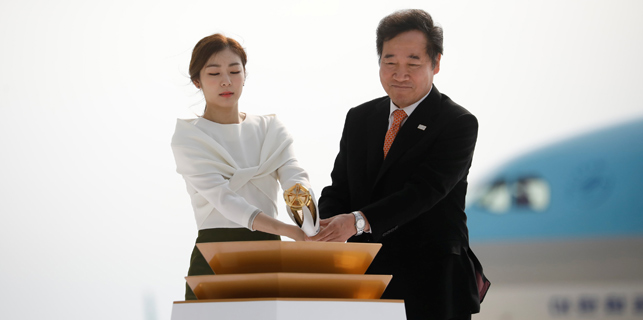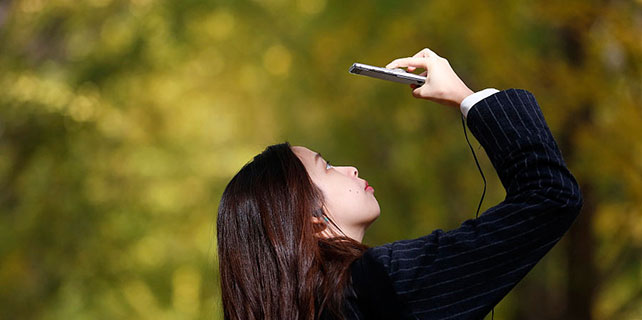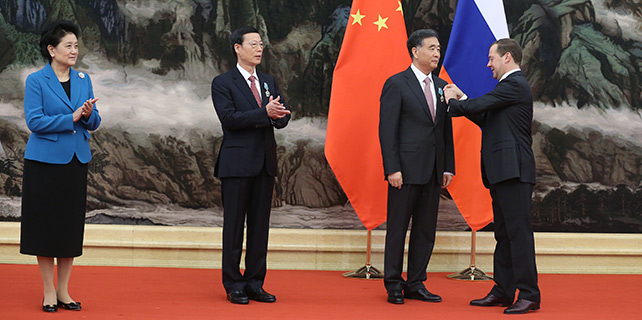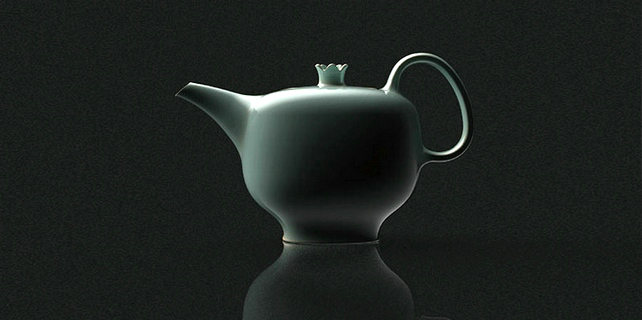New China experiences trigger old Beijing memories
I envy my friends who grew up in Beijing, because they remember their childhoods. When I immigrated to America, I was old enough to miss China, but not to remember it. My homesickness never manifests in yearning for a particular place. Instead, I have moments of paralysis, when I go still at the conviction, I have been here before.
For example, the scent of lanyueliang liquid hand soap — it feels like spring, and elementary school, except the bathrooms I remember used blocks of soap dangling inside repurposed socks? Every time I fail to catch the memory, the sense of I am remembering something grows fainter. Yet the conviction persists—if I stayed still enough, some memory might alight, like an indistinct star of the midsummer night resolving (Q: I don't think 'resolving' is quite the word needed in this lyrical sentence. Does the writer mean the star changes into a firefly? Maybe use another word, like "transforming", "changing" "metamorphosizing" ?) into a firefly on my palm, before fluttering away.
The week before I went to Xiangshan, the Tsinghua gingko turned gold. I biked to class beneath a canopy of leaves that had changed colors overnight and remembered: The Xiangshan Maples are beautiful.The knowledge came to me like the fragment of a childhood puzzle. I did not remember how the Xiangshan maples looked, but I was convinced that the pieces of a memory remained scattered throughout the nooks and crannies of my former home. That weekend, I biked to Xiangshan, chasing my memories.
The traffic grew dense with vacationers’ cars at the foot of the mountain. I passed a child staring out of her backseat window and remember growing carsick from being stuck in traffic.
(A young woman on a bicycle speeds past my window, weaving between cars. She’s not even that good at biking, I could do that. And I wanted to—feel the wind in my hair, taste the chill in the air, except I’m six. My parents haven’t taken the training wheels off my bike.)
Halfway up the mountain, an attendant in a red armband directs me to bicycle parking. I bounce through an unpaved alleyway, alongside local construction workers and lost-looking tourists.The alley opens into a new street lined with Old-Beijing-style architecture, where shopkeepers peddle hawthorns, sausages and plastic maple leaf wreaths.
I don’t remember any of this. My parents would’ve never come here: they avoid on principal the commercial areas that spring up around scenic destinations. I park my bike, sit down for tea, and chat with the shopkeepers.
Before the tourists arrive, the shopkeepers of Xiangshan haul their wares up the mountain. They each have their own specialty, from families operating food stalls, to a bookish man selling stationary, to a young woman managing a storefront of soaps, figurines, and jewelry. The young woman shows me the table in the back of her store, where the shop’s owner assembles beads, pendants and twine into bracelets and necklaces every morning. Little plastic packets of jewelry components have been pushed aside to make room for a steaming bowl of noodles, the shopkeeper’s lunch.
As she eats and I sip my tea, I imagine a quiet morning, a mug steaming in the mountain air, a woman I’ve never met sitting at this table. The chirp of a sparrow interrupts the creak of shelves from produce sellers stocking figs, the jingle of keys from the bookish man opening shop, the hiss of stoves from food peddlers cooking breakfast. The store’s owner looks up from the ceramic leaf she is braiding into a necklace. The sparrow takes flight. The bird ascends the mountain. The sun arcs through the sky, and Xiangshan fills with visitors.
Among the flame-red maples, a child recovering from car sickness grabs her mother’s sleeve to point at the approaching sparrow.She wears long hair and a blue shirt, she’s quiet, and — Oh. She isn’t me.
I once thought sky blue was a mythical color seen only in cartoons and crayon cartons, because the Beijing sky I grew up under had been the color of steel. Before I left Kentucky, my parents remarked on the hours I spent staring out the window. “I’ll miss you,” I said, “But I’ll Skype you, and the sky doesn’t look the same on video chat.”
The day I went to Xiangshan, I could see the sky beneath a pale haze, which faded as I ascended the mountains. As I left the jewelry maker’s storefront, the clouds parted, the sky opened, and the paralysis that froze me these past years melted away. I stepped outside myself, away from the Beijing frozen in my memory, into a mountain bustling with life and movement.
That evening, I think of chasing a memory to Xiangshan, and realize that the morning must be the worst time for catching fireflies. Their abdomens’ light would blend into the first touch of blue that sweeps the sky, and in my fixation on the fireflies before dawn, I would miss the splendor of the rising sun.
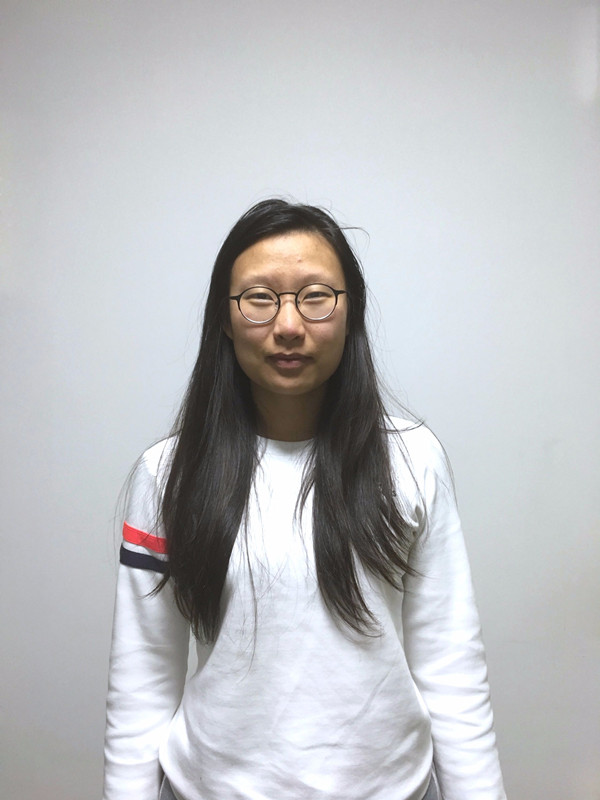 |
|
The author is a student who splits her time between Kentucky and Beijing. |



